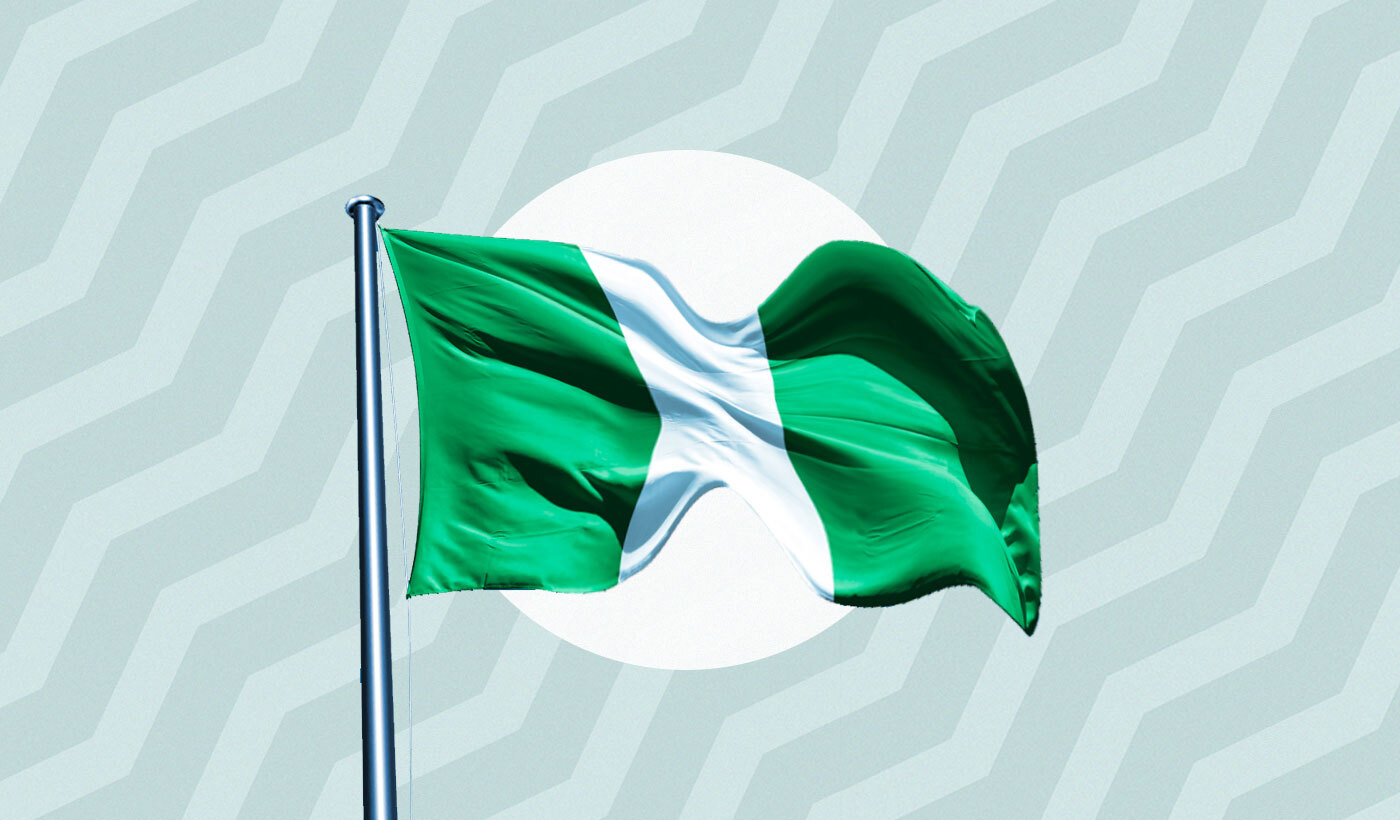Nigeria, the acclaimed giant of Africa celebrates her 62nd Independence Day today. Ordinarily, six decades of freedom from colonial imperialism and political slavery ought to be celebrated with pageantry.
However, Nigerians are too disenchanted with the socio-economic situation in the country to celebrate.
If there is one thing that still unites Nigerians, it is sports, breaking the boundaries of ethnicity and religious inclinations. Since the country’s independence in 1960, there have been high and low moments.
Four years after independence, Nigeria stage herself into sports at global stage when Nojeem Maiyegun clinch bronze medal in boxing at the 1964 Olympic Games in Tokyo, Japan.
Eight years later, Nigeria returned to America and current CSP Chioma Ajunwa won Nigeria’s first ever Olympic gold medal in the long jump, which remains the country’s only individual Olympic gold medal till date.
At the last Commonwealth Games in Birmingham, hurdler Tobi Amusan set a new world record in the 100m huddle running a time of 12.29 seconds.
In table tennis, performance of players such as Kasali Lasisi, Atanda Musa, Yomi Bankole, are not in vain, while new breed Aruna Quadri continues to keep the flag flying. Earlier this year, Quadri became the first African player to break into world top 10.
Nigeria has benefited from the return of Daniel Igali, plus the cooperation of the Bayelsa State government and the Ministry of Sports. Igali, Olympic gold medalist for Canada has been performing ‘miracles’ with the Nigerian wrestling team. Igali’s dedication and commitment to making Nigerian wrestling great has produced the likes of Blessing Oborodudu, Odunayo Adekuoroye, among others. Igali has succeeded in taking Nigerian wrestling to new heights.
In pro-wrestling, Nigeria had a very busy and productive past. Michael Okpala, alias Power Mike, Dele Bamidele, Power Uti, Tony de Destroyer, etc. It was Power Mike who brought the likes of Mighty Igor to Nigeria.
In 1979, Davidson Andeh became the first and only Nigerian to win the World Amateur Lightweight boxing championship fight against a Russian opponent, in Belgrade, Yugoslavia.
Samuel Peter was one of the best boxers out of Nigeria. The whole country saw him win the WBC Heavyweight title in 2008, defeating Oleg Maskaev by TKO.
Chika Yagazie Chukwumerije qualified for the 2008 Olympic Games and defeated Akmal Irgashev of Uzbekistan to win Nigeria’s first bronze medal in taekwondo at Beijing 200i Olympic Games.
Elesewhere, Nigeria has been very successful in football in the last 62 years. The Green Eagles, as the national team was then known, defeated Algeria to win the Africa Cup of Nations in 1980. It was Nigeria’s first major trophy in football.
The Super Eagles went on to win the 1994 and 2013 African titles after defeating Zambia and Burkina Faso respectively in the finals.
Nigeria won the Olympic soccer gold medal in 1996, a silver in 1998 and in 2016, Samson Siasia led a group of young players to finish third best in Brazil.
The diadem of Africa’s best football player had eluded Nigerian players until the late Rashidi Yekini, in 1994, showed that he was a cut above the rest. The first Nigerian player to score at the FIFA World Cup, the former 3SC and Vitoria Setubal striker was the lynchpin of the Super Eagles team that won the 1994 Africa Cup of Nations title and reached the height of No.5-ranked team in the world.
The country’s age grade teams have been excellent at FIFA-organised competitions. Till date, the Golden Eaglets of Nigeria remain the most successful team in in the history of the FIFA U-17 World Cup with five titles. In the 2015 edition, Victor Osimhen emerged the highest goal scorer. The lanky forward set a record of scoring 10 goals to win the Golden Boot. He also won the Silver Ball award. He has since become an established forward for the Super Eagles and Serie A club Napoli. Osimhen eclipsed Macaulay Chrisantus’ record of 7 goals in the U17 tournament in 2007 where he emerged the top scorer.
Nigeria also recorded some successes at club level. Enyimba FC of Aba won the CAF Champions League in 2003 after the trophy eluded Nigeria for 38 years. IICC Shooting Stars and Enugu Rangers had won the Cup Winners Cup in 1976 and 1977 respectively.
The Super Falcons won the inaugural African Women Championship (AWCON) in 1998, and have gone to win the t Africa women’s tournament a record 11 times.
Nigeria have won the Africa Beach Soccer Championship twice. The Sand Eagles won the tournament in 2007 and 2009. They were runners-up in 2006 and 2011. The team were bronze winners in 2015 and came fourth in 2013.
In spite of the low moments in the country’s sport, the achievements are worthy of celebrating as Nigeria marks 62 today.


